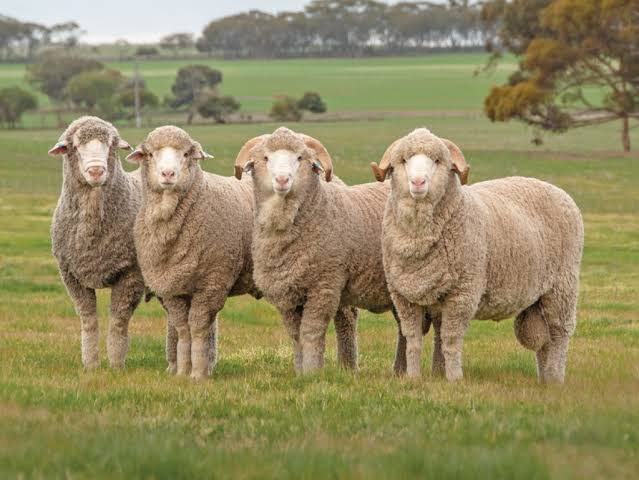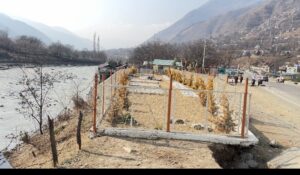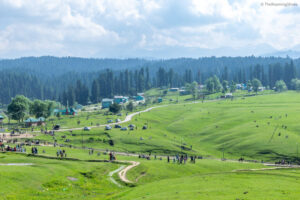J&K Govt to import 900 high-quality sheep from Australia to boost meat production

Srinagar: In a bid to meet the rising demand for meat in Jammu and Kashmir, the state government has approved the import of 900 sheep from Australia under the Integrated Agriculture Development Program (HAPD).The initiative, with a budget of Rs 26 crore, focuses on two high-yield breeds, Dorper and Texel, renowned for their superior meat production capabilities.
The Jammu and Kashmir government has decided to import 900 high-quality sheep from Australia to meet the increasing demand for meat in the region. These sheep, belonging to the Dorper and Texel breeds, are known worldwide for their superior meat production. The initiative is part of the Integrated Agriculture Development Program (HAPD) and comes with a budget of Rs 26 crore. The plan aims to make the state self-sufficient in meat production, reducing dependency on imports.
Currently, Jammu and Kashmir consume approximately 15 lakh sheep annually, with 41% of the demand being met through imports from other parts of the country, costing the state Rs 1,400 crore. The new project is part of a broader Rs 329 crore, five-year plan to boost wool and mutton production while cutting down on imports.
Official sources informed KNO that the imported sheep will undergo a thorough quarantine process, spending one month in quarantine in Australia before being transported to India, where they will stay in dedicated quarantine centers for another two months. A center has already been set up in Rajbagh Srinagar, Kathua- Jammu, and the sheep will later be housed at government sheep rearing farms in Reasi. Out of the 900 sheep, 450 Dorper sheep will be allocated to the Jammu division, while the same number of Texel sheep will go to the Kashmir division.
Dorper sheep, originally from South Africa, are known for their high fertility, adaptability to different climates, and rapid muscle development. Lambs of this breed can grow to 35-40 kilograms in just four months, with adult sheep weighing up to 90 kilograms. Texel sheep, a Dutch breed from the Netherlands, are equally prized for their exceptional muscle development. They have smooth heads and legs, short height, broad faces, black noses, and small ears, making them ideal for meat production.
Reports inform that a team of six sheep farming experts from Jammu and Kashmir will soon leave for Australia to oversee the selection and transportation process. —(KNO)



